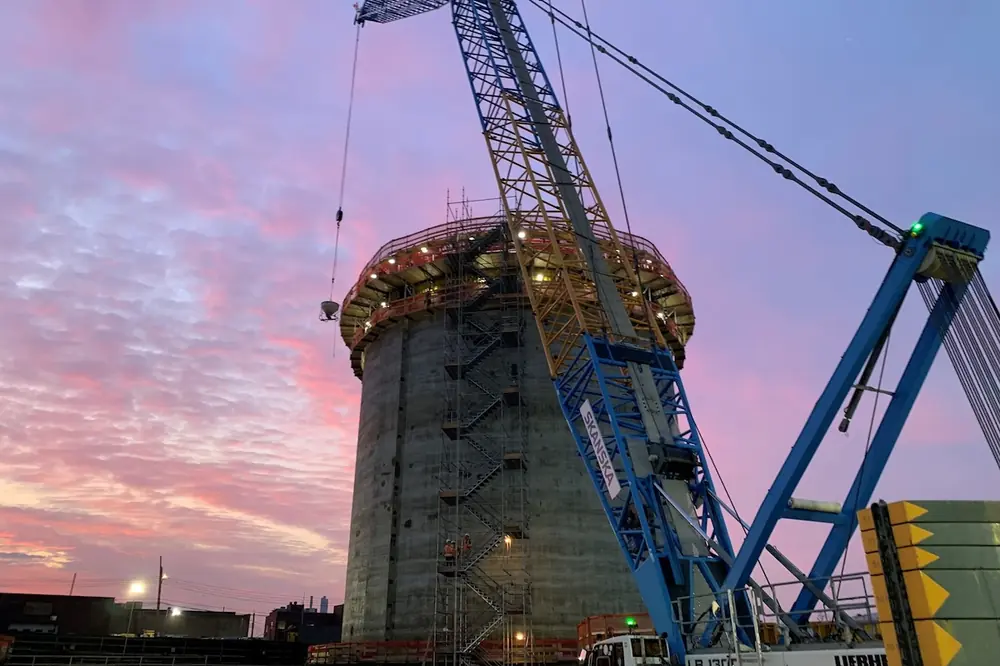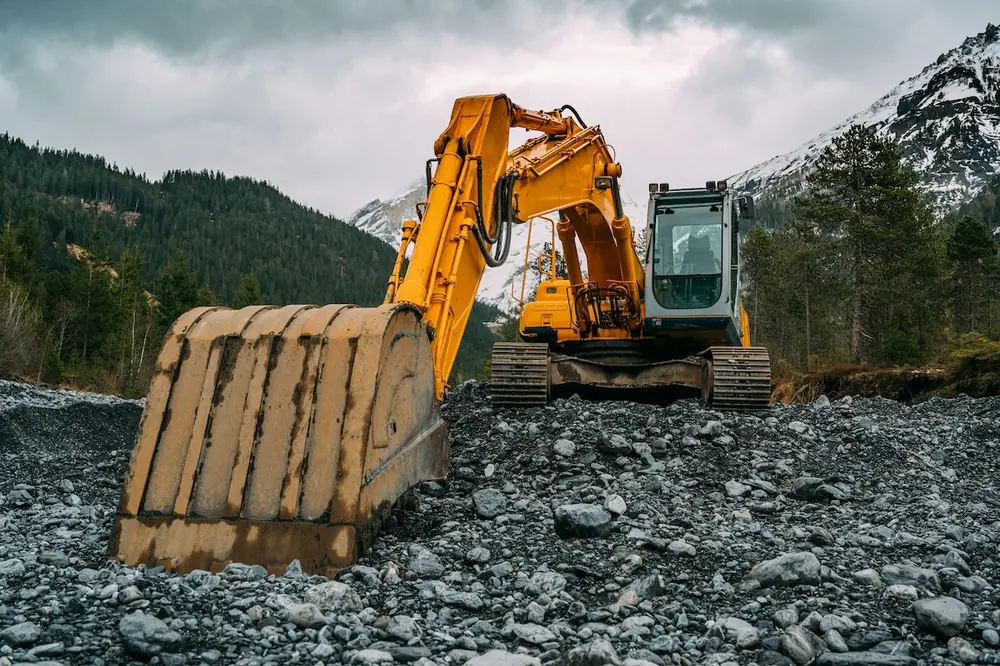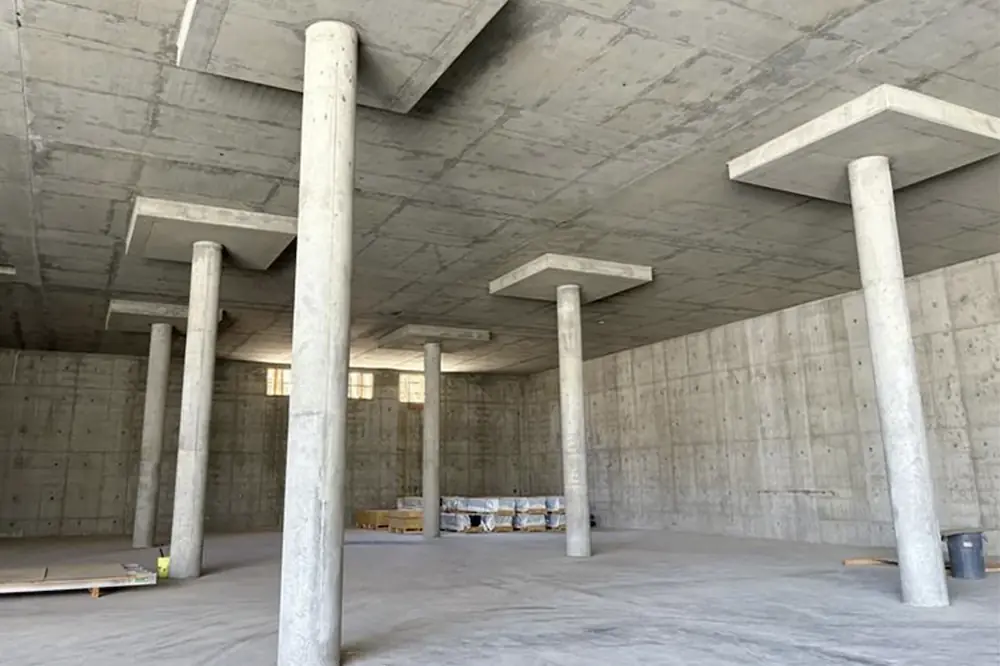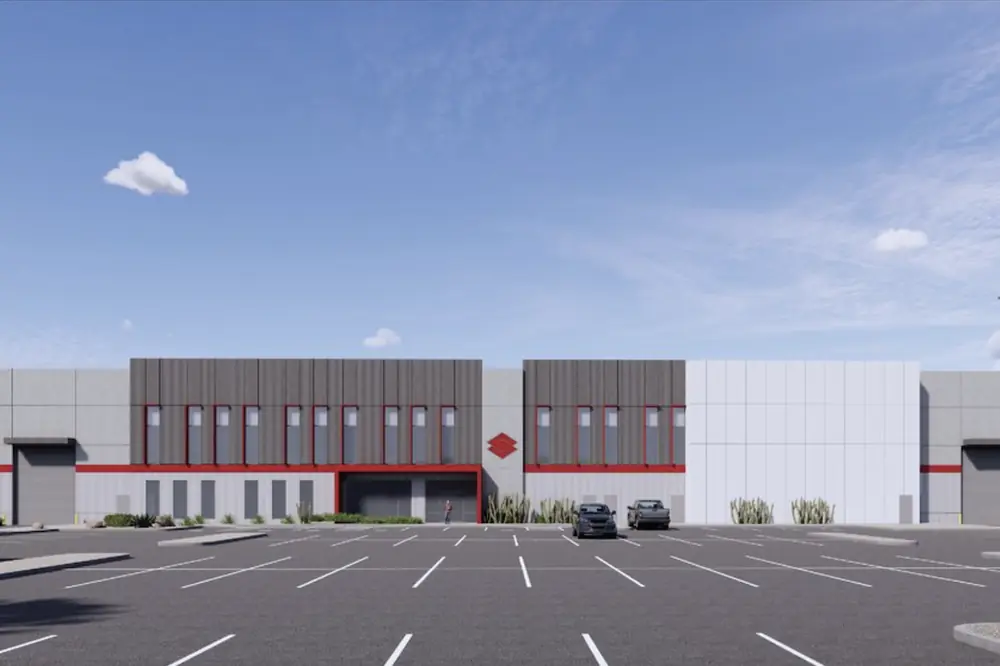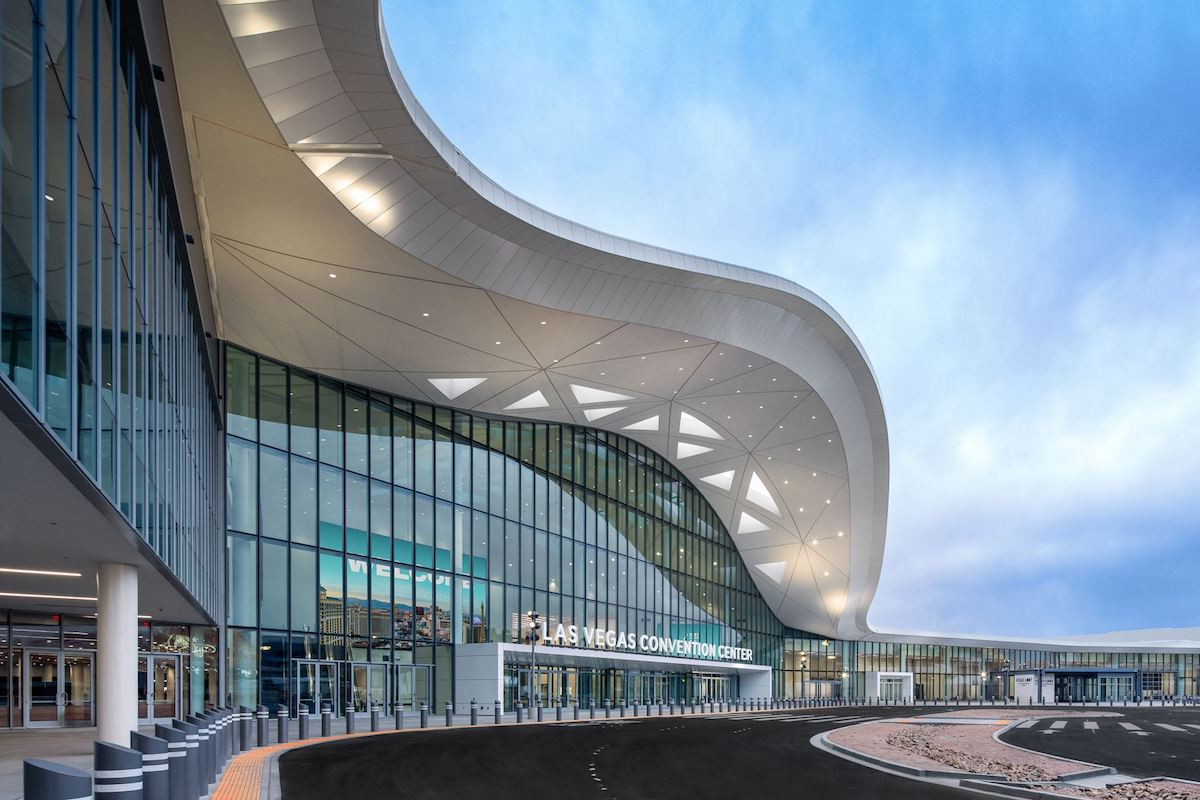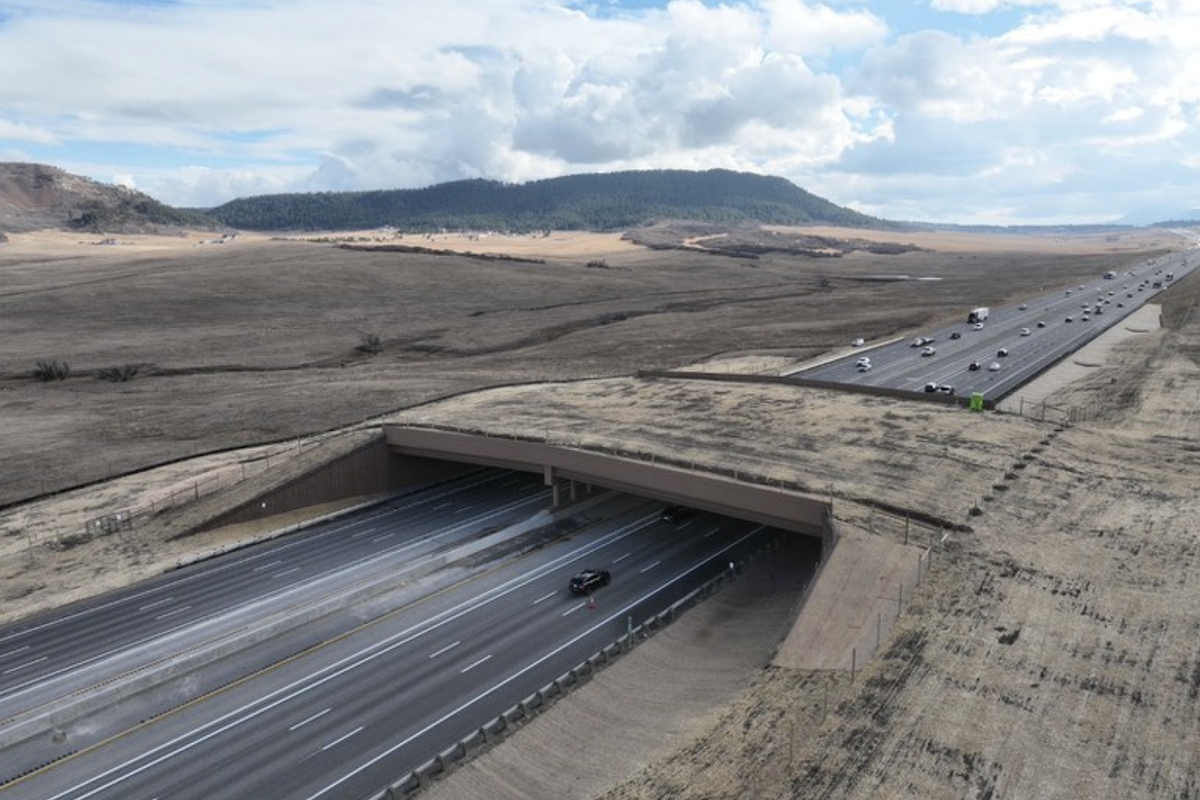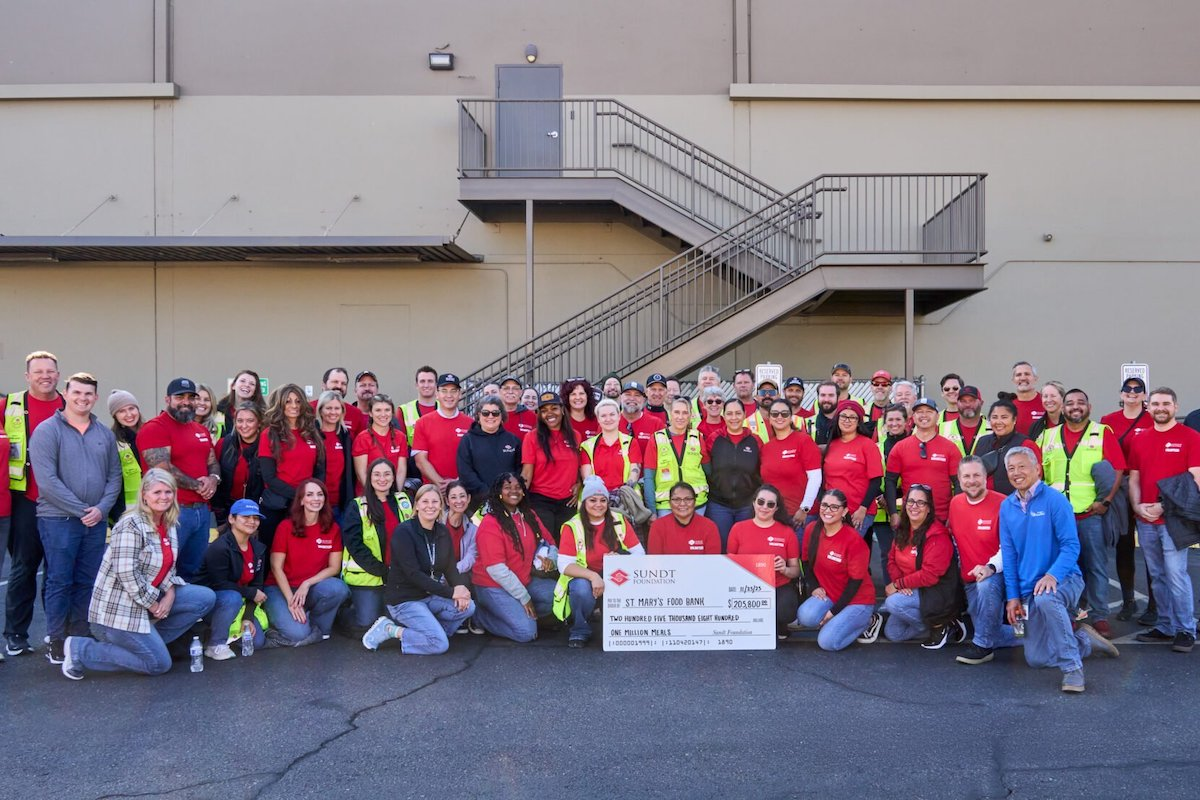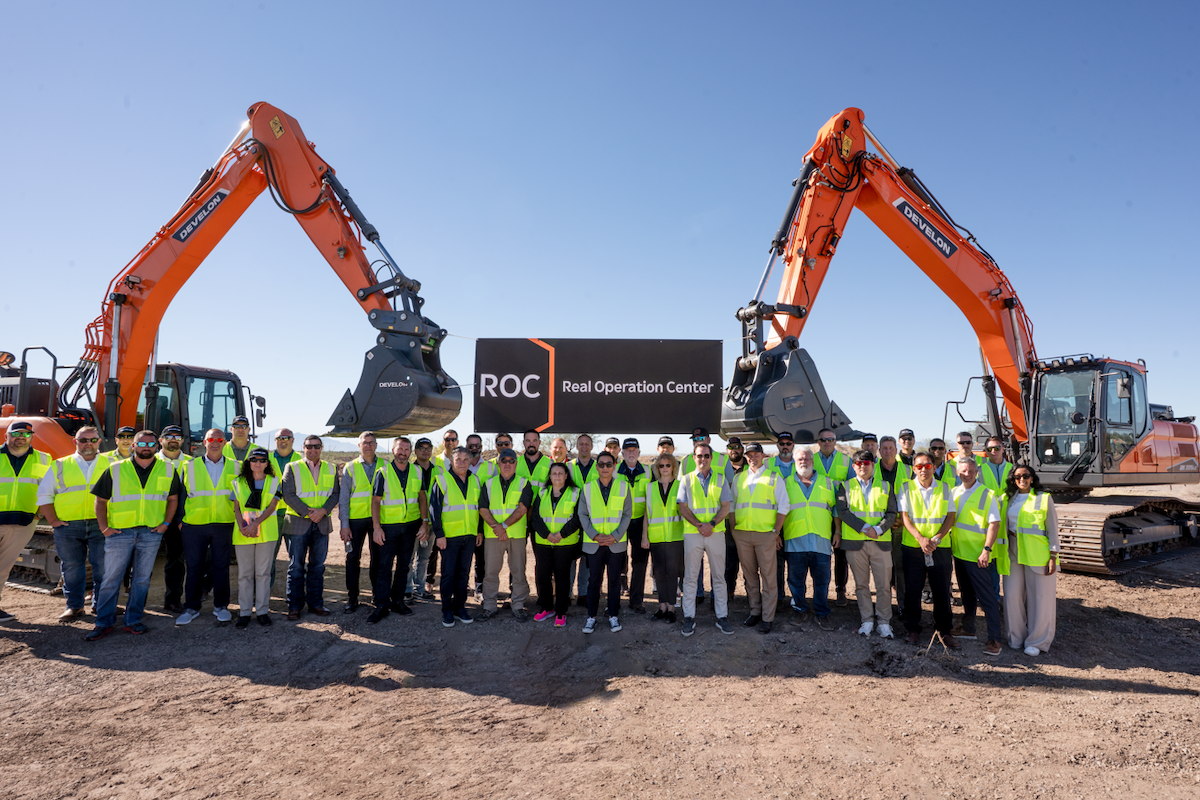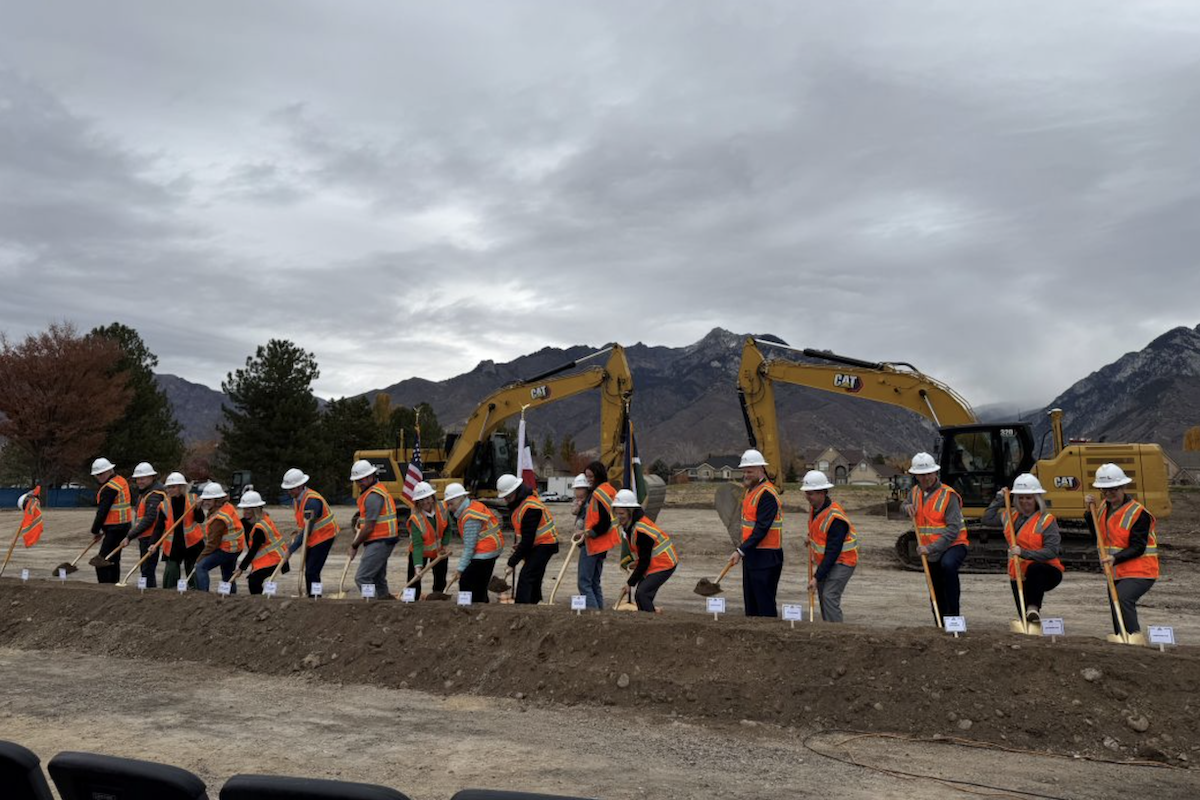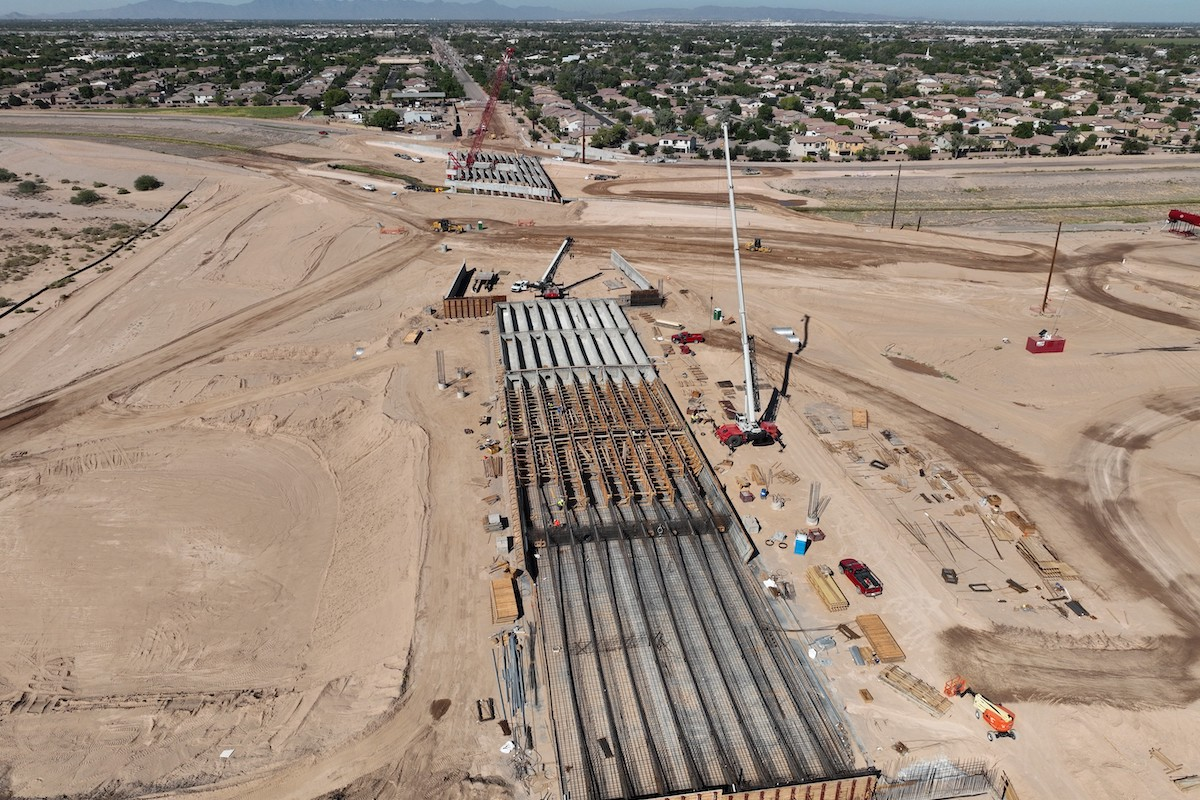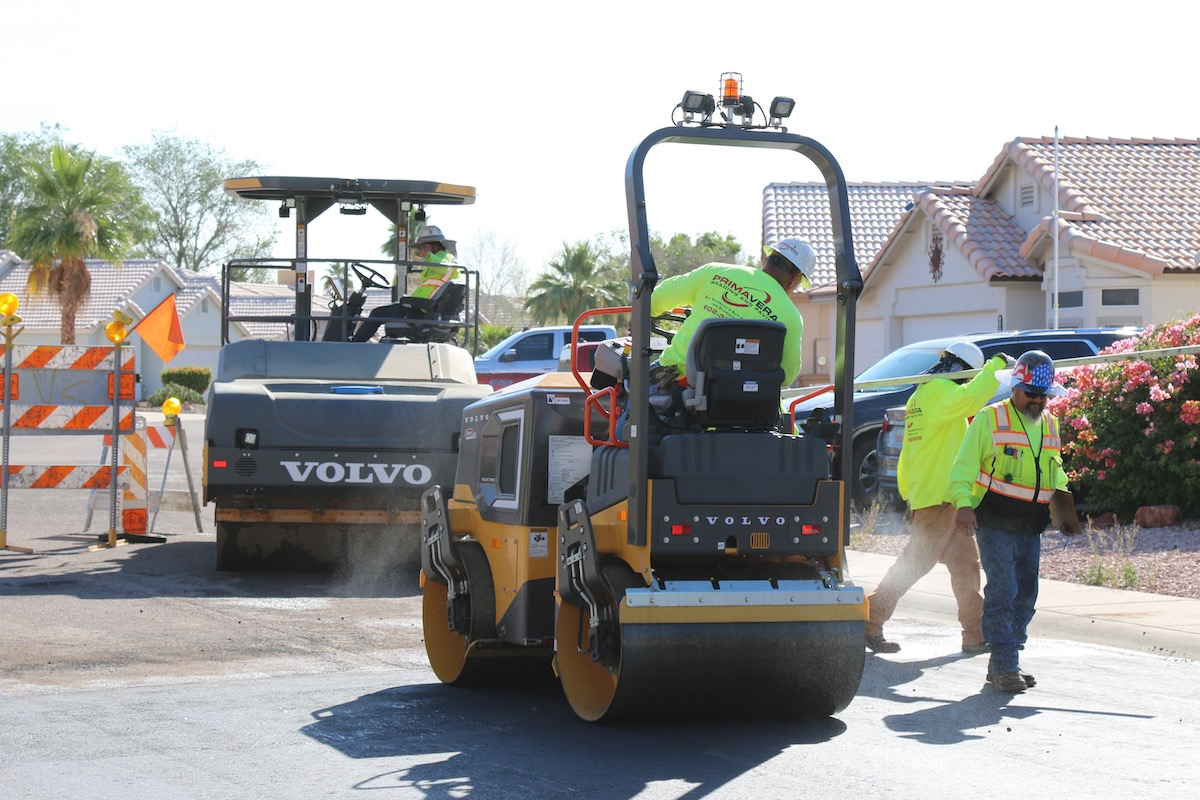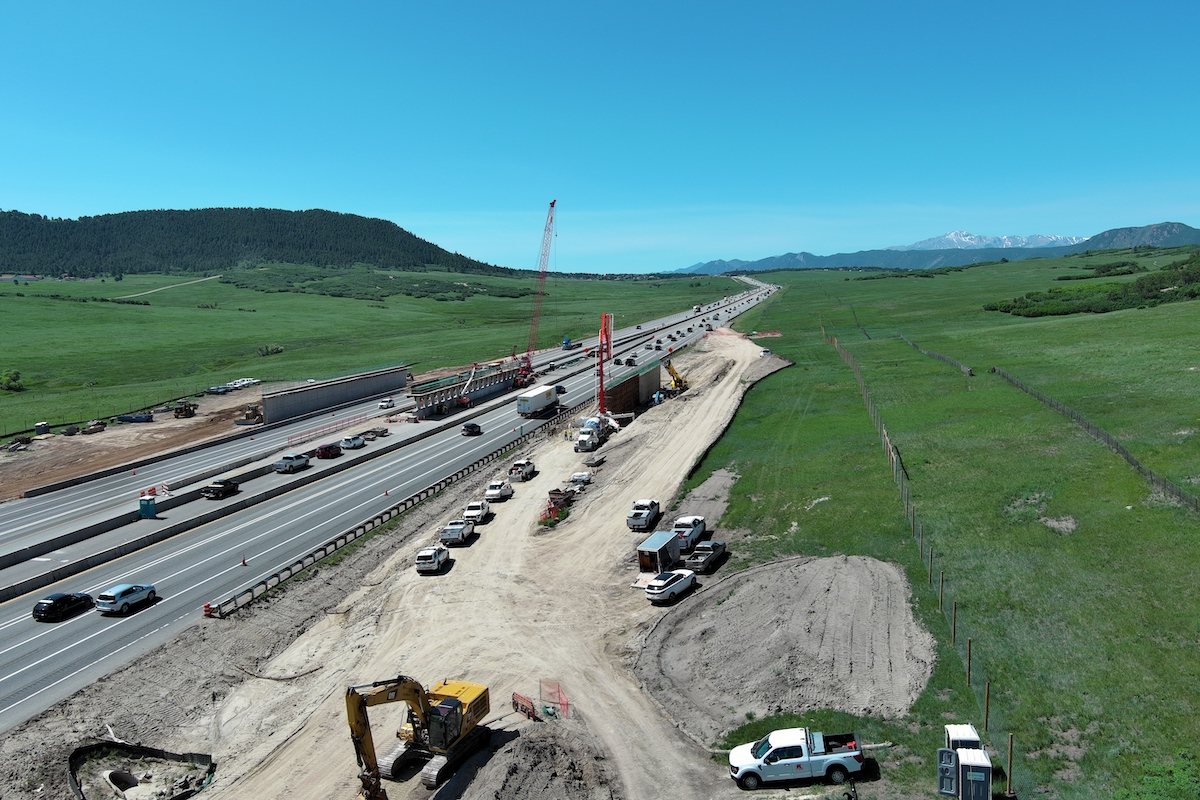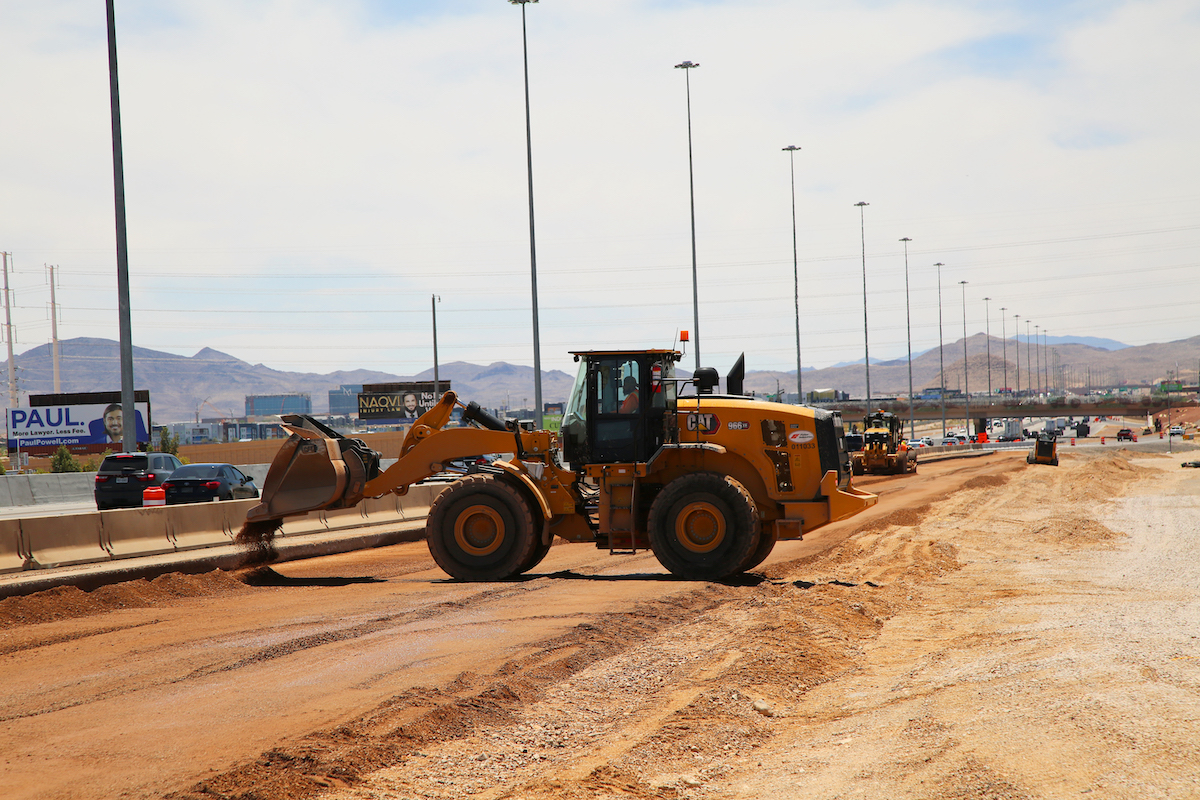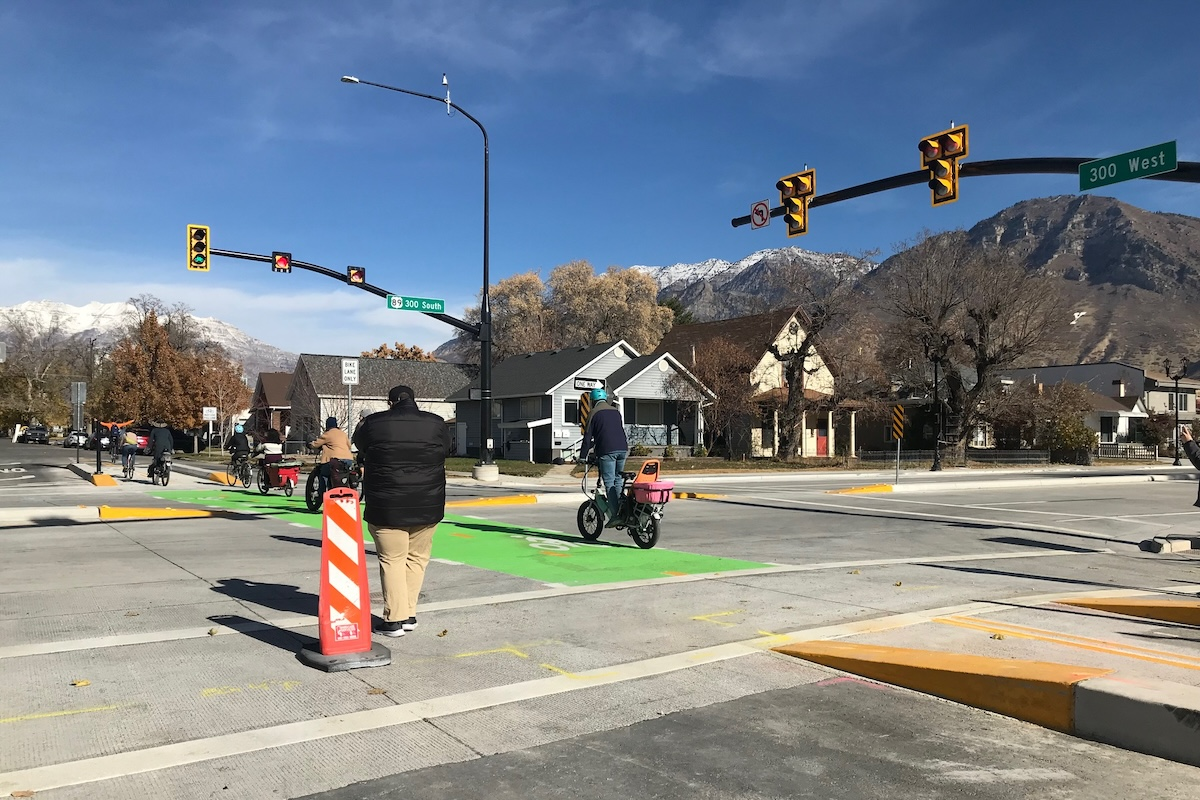It is almost an understatement to say that the Mosquito Road Bridge project over the South Fork of the American River in El Dorado County, California, is rife with challenges. One of which involves a 1,200-foot-long cast-in-place concrete balanced cantilevered structure some 400 feet above the river running below, through a steep-walled canyon. Work on the $74 million project began in May of 2022 by Irvine, California-based general contractor Shimmick Construction Company, Inc. under a design-bid build contract.
“This job is about access,” said Scott Bunnell, Shimmick Project Sponsor. Mosquito Road runs through the Sierra Nevada foothills from El Dorado County near Placerville to the Swansboro community. The bridge replaces a much older and smaller one lower in the valley with only a 5-ton capacity (which will be repurposed as a pedestrian and bicycle bridge in a separate project).
The project is part of a long-term effort by El Dorado County to upgrade its vehicular infrastructure to not only support everyday usage and serve the area’s increasing popularity as a recreational destination, but to also address critical emergency needs, as the region is highly prone to wildfires. It will upgrade access for first responders, wildfire teams and their equipment, and further enable evacuation of residents in danger.
The county has 79 bridges, many of them aging and in need of replacement or rehabilitation. “There was a study done on the bridges in 1993,” explained Matt Smeltzer, Deputy Director, Engineering for El Dorado County, who had previously worked as a Bridge Engineer for CH2M Hill. “I came here in 1998 and dusted it off.” The financial constraints of the county budget hindered any significant progress for years to follow.
Meanwhile, the existing 1939 vintage Mosquito Road bridge — a timber suspension structure — required regular repairs and upkeep. “It was one of our most expensive bridges to repair,” Smeltzer said. “The average maintenance cost was about $45,000 a year. In 2010, we spent almost $400,000 on a major overhaul.”

| Your local Bobcat dealer |
|---|
| Ditch Witch West |
| Faris Machinery |
| Ditch Witch West |
| Faris Machinery |
Full project funding for a new bridge finally came from the Federal Highway Administration’s Highway Bridge Program and state supplements. Smeltzer credits the assistance of the California Department of Transportation (Caltrans) in obtaining federal support for building the structure as well as for the nine other bridge projects the county has slated to address.
As access both to the job site and within it was a major challenge, the project required meticulous advance planning. Even before the county formally put the job up for bids, “We started looking at it and brainstorming about how we were going to do it,” Bunnell said. “Then when the job came out, we had an outside consultant 3D model our access roads in order to get to where we would build the trestles. It took us a year just to manage and build the access to get to build the job.”
“This was a job that probably got looked at six different ways by all the six bidders,” he added. “There’s no cookie cutter way of doing it.”
Work on the bridge is done from both the north and south side of the valley. Shimmick needed to use a concrete batch plant it owns in the north. In order to get it there, the plant was disassembled at a storage yard Shimmick maintains in Tracy, California, in the Central Valley. Then it was loaded onto trucks and transported to the site via a circuitous route that included fire roads.

| Your local Gomaco dealer |
|---|
| Faris Machinery |
| Faris Machinery |
“We had to follow with a 70-ton rough-terrain crane to pick up the back end of the truck trailers to get them around some of the switchbacks,” Bunnell said.
One of the contractor’s two 275-ton Kobelco crawler cranes used on the job was also taken apart and transported in the same way. The cranes are mounted on trestles designed by the firm GeoEngineers and built by Shimmick at each side of the canyon.
“They’re the lifeblood of the project,” Bunnell said. “Everything comes to that trestle — rebar trucks, formwork, concrete trucks, all of it. Then by way of crane or concrete pump gets placed onto the column down below on the footing or eventually up to the pier tables and the bridge segments.”
For work on the south side, concrete is trucked in from a Folsom Ready Mix plant in Rancho Cordova, California, about a 75-minute drive from the site. The challenge there was getting the crane from Mosquito Road to where it could be mounted on a trestle at the edge of the valley. Crews created what Bunnell describes as “goat trails” on both of the steep valley walls to move equipment and workers down to install the footing for the bridge’s two 230-foot-tall piers embedded on the granite walls.

| Your local Trimble Construction Division dealer |
|---|
| SITECH Southwest |
| SITECH Northwest |
| SITECH Rocky Mountain |
| SITECH Southwest |
| SITECH Northwest |
| SITECH Rocky Mountain |
Communication by cell phone and radio among construction and county workers was initially impeded by the surrounding high hills and deep valley, as well as the different systems and providers used. “The cell phone reception just wasn't great out there. Some people ended up getting different cell phone services,” Smeltzer recalled. “We also ended up getting different radios that can share the same repeaters that the contractor uses.”
The crews also underwent safety training to guard against the inherent dangers presented by the site. Measures were also put in place to prevent any fires breaking out as the trails were cleared on the slopes. “We had pretty strict tolerances on hot work permits, and didn’t use flame cutting,” Bunnell said.
The Crozer wildfire did break out nearby in El Dorado County in early August. Fortunately, it only mandated a one-day work stoppage on the job as a precautionary measure.
Safety protocols were designed into the formwork systems at each side of the canyon, Bunnell explained. “We have decks, trailing platforms, and different levels of decks that provide legal guardrail and then ladders down to the areas we need to work,” he said. “Our workers generally don't need to be tied off unless we're climbing the steel or setting in beds or ties, or climbing our formwork.”

| Your local Volvo Construction Equipment dealer |
|---|
| Faris Machinery |
| Faris Machinery |
The foundations for the bridge piers were built onto the valley walls about one-third of the way up the slope. “We had to helicopter geotechs in to do the exploratory drilling for the design once we figured out where the columns would be,” Smeltzer said.
The approximately 60-foot by 60-foot embedded footings required over 10,000 square feet of soil nail and ground anchor retaining wall. The piers are founded on 36-inch CIDH piles and a set of 9-foot-thick slabs.
“The most recent big challenge was probably pouring those 9-foot-thick footings because they were monolithic,” Bunnell said. More than 120 successive truckloads of concrete were poured.
“Because the columns are so tall, we obviously also couldn’t pour a column monolithically,” he added. Instead, they are assembled with eight 24-foot-tall form lifts that each take 270 cubic yards of concrete. As of the writing of this article, five forms have been completed on each pier.

| Your local Bobcat dealer |
|---|
| Ditch Witch West |
| Faris Machinery |
| Ditch Witch West |
| Faris Machinery |
The piers will be finished by mid-October. Then work will begin on the span, which measures about 320 feet from the abutments to the pier on each side with a 540-foot main span from pier to pier. The decking is poured into 64 16-foot forms.
When completed, fiber reinforced concrete will be poured across the decking. “It gives a longer service life,” Bunnell said. “Most all Caltrans bridges now have that specification.”
A polyester concrete overlay completes the roadway.
Environmental measures to guard the river below from pollution have been an essential element throughout the job. Stormwater runoff protections have been put in place, and weekly inspections and pH tests on the river waters are done. “The south fork of the American River is one of our jewels of the county,” Smeltzer said.

| Your local Bobcat dealer |
|---|
| Ditch Witch West |
| Faris Machinery |
| Ditch Witch West |
| Faris Machinery |
The project is expected to be completed by the end of 2025, which will help to usher in a new era of stronger and better roadway bridges in El Dorado County.
- Owner: El Dorado County
- General Contractor: Shimmick Construction Company, Inc., Irvine, California
- Subcontractors: Alta Engineering Group, Inc., San Francisco, California; Folsom Ready Mix, Cordova, California; Tyrrell Resources, Inc., Redding, California; Drill Tech Drilling & Shoring, Inc., Antioch, California; Roll N Rock Construction, Inc., Mt. Shasta, California; Dees Burke Engineering Constructors, LLC, Ontario, California; Vintage Paving Co, Inc., Winters, California
- Consultants: Consor North America, Inc., Houston, Texas/Quincy Engineering, Inc., Rancho Cordova, California (prime consultant and bridge designer); SYSTRA International Bridge Technologies, San Diego, California (subconsultant and bridge designer); GeoEngineers, Boston, Massachusetts (trestles designer); Crawford & Associates, Inc., Sacramento, California (geotech prime for foundations); Youngdahl Consulting Group, El Dorado Hills, California (geotech local slide and slip plane expert); ICF/Jones & Stokes, Inc., Reston, Virginia (environmental); Jacobs Engineering Group, Dallas, Texas (construction management consultant)












